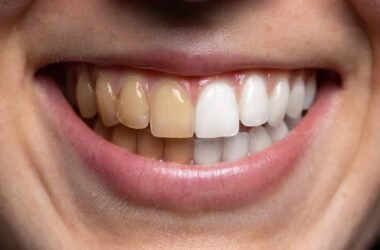Dual diagnosis is a term used to describe individuals who are struggling with both a mental health disorder and a substance use disorder. Unfortunately, these two issues often go hand in hand, with individuals using drugs or alcohol as a way to cope with their mental health symptoms, and the substance abuse then exacerbating those symptoms. It can be challenging to overcome both of these issues simultaneously, but a recovery program that addresses both mental health and substance abuse is essential for those with dual diagnosis.
The first step in any recovery program is to acknowledge the problem and seek help. This can be challenging for individuals with dual diagnosis, as they may be struggling with feelings of shame or embarrassment about their mental health or substance use issues. However, it is essential to remember that seeking help is a sign of strength, and there is no shame in acknowledging that you need support.
Once an individual has made the decision to seek help, they will likely begin with a comprehensive assessment to determine the extent of their mental health and substance use issues. This assessment will typically involve an evaluation of the individual’s physical, emotional, and psychological health, as well as their history of substance use and any past or current mental health diagnoses.
From there, the recovery program will be tailored to the individual’s specific needs and may involve a combination of medication, therapy, support groups, and lifestyle changes.
Medication can be a crucial component of treatment for individuals with dual diagnosis. Some individuals may require medication to manage their mental health symptoms, while others may need medication to manage withdrawal symptoms or cravings associated with substance use. It is important to work closely with a healthcare provider to ensure that any medications prescribed are safe and effective for the individual’s specific needs.
Therapy is another essential component of a recovery program for dual diagnosis. Therapy can help individuals learn to cope with their mental health symptoms without turning to drugs or alcohol, as well as address any underlying issues that may be contributing to their substance use. There are several different types of therapy that may be used in a recovery program, including cognitive-behavioral therapy (CBT), dialectical behavior therapy (DBT), and motivational interviewing (MI).
Support groups can also be an essential part of a recovery program for dual diagnosis. Support groups provide a safe and supportive environment for individuals to share their experiences and connect with others who are going through similar struggles. This can be particularly helpful for individuals who may feel isolated or alone in their struggles.
Lifestyle changes are also an essential part of a recovery program for dual diagnosis. This may include making changes to diet and exercise habits, as well as developing healthy coping mechanisms to manage stress and emotions. Additionally, individuals may need to make changes to their social circle or living environment to remove triggers that may contribute to their substance abuse treatment.
It is important to remember that recovery is a journey, and it may not always be easy. However, with the right support and resources, it is possible to overcome both mental health and substance use issues and lead a fulfilling life in recovery.
If you or someone you know is struggling with dual diagnosis, it is essential to seek help. There are many resources available, including healthcare providers, treatment centers, and support groups. Recovery is possible, and with the right support, anyone can achieve it.







